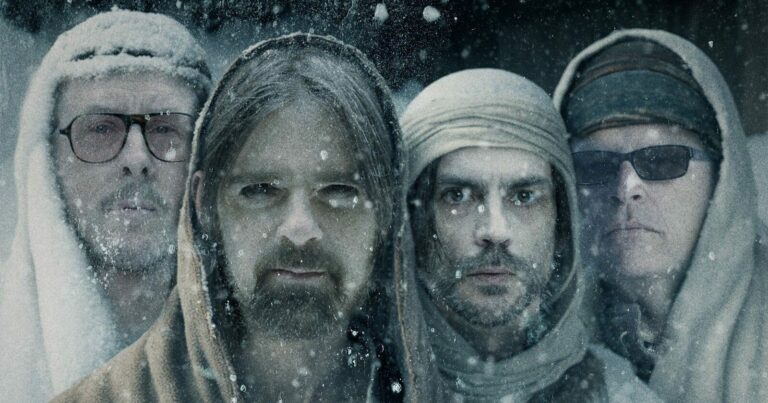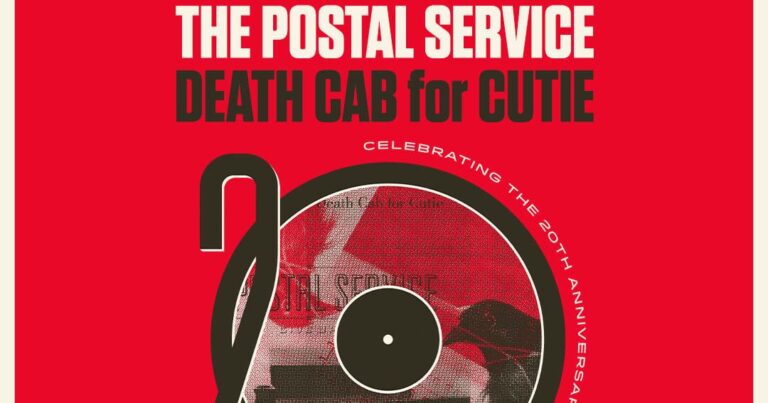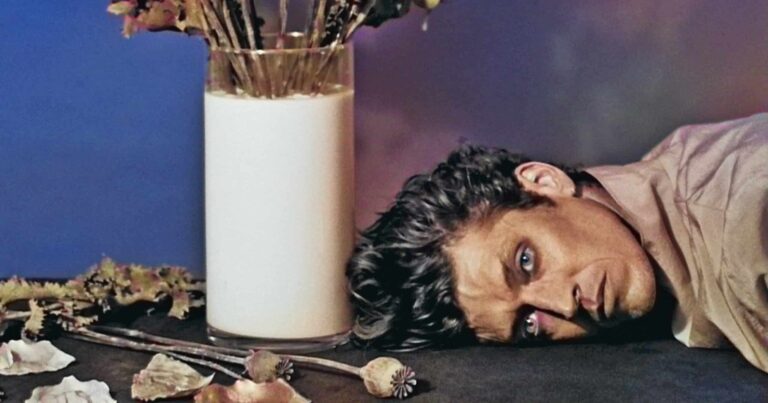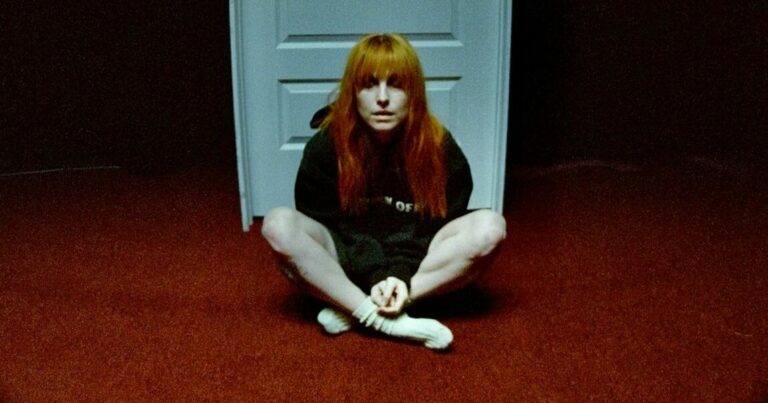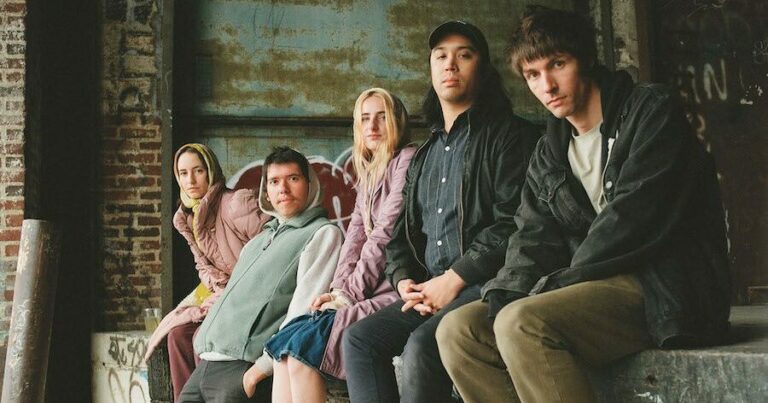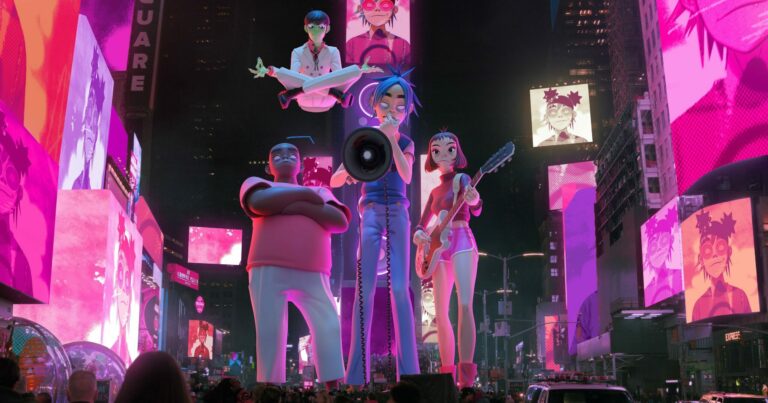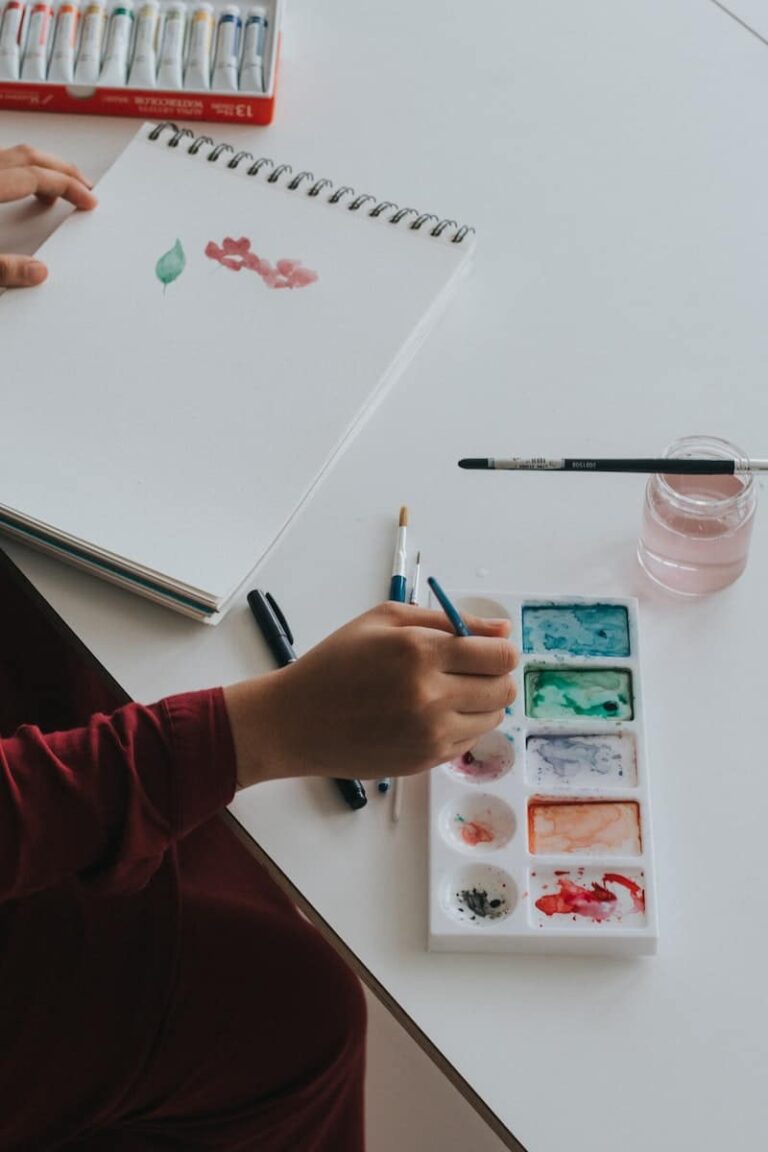With the increase in the number of forgeries hitting the market, it has become increasingly difficult to determine whether a painting is original or fake. However, with some knowledge and a few simple tests, you can quickly determine the authenticity of any artwork. This blog post discusses some tips on how to spot a fake painting.
Only deal with reputable galleries
When buying a painting, it is essential to only deal with reputable galleries and auction houses. This helps you ensure that the piece being bought is original. In addition, these galleries and auction houses have experts who can authenticate the paintings they sell. In this case, you can consider an artwork from a Pro Hart gallery known for its reputable pieces. You can also check the authenticity of a painting by looking for any supporting documentation that comes with it, such as a signed certificate of authenticity. Galleries and auction houses that provide this documentation are more likely to sell original paintings. To verify the reputation of an art gallery, it is best to research the gallery online. Check for reviews, customer feedback, and other information that can help you make an informed decision. Alternatively, you can ask your friends and family familiar with the art world for recommendations.
Research
It will also help if you research the artist and the artwork you are interested in. Learn about their style, technique, and history to spot any inconsistencies in a fake painting. For instance, a famous painting style from the 18th century may differ from a modern style. This can help you to identify any discrepancies that could indicate a forgery. Or Picasso’s blue period paintings usually feature a prominent shade of blue, while his later works feature more muted tones. Knowing this kind of information can be very useful in helping you determine the authenticity of a painting.
Additionally, it is vital to check whether art experts or historians have already authenticated the artwork. You will have an idea of its authenticity if it has been previously certified by someone knowledgeable and experienced in the field. Also, read up on what to look for when buying an original piece of art, as this will help you spot any forgeries. Rest assured that various resources can help you authenticate an artwork.
Examine the signature
When determining whether a painting is original or fake, you should closely examine the signature. Take time to compare it with other known signatures from the same artist and look for any irregularities. If the signature appears different from other available signatures, it is likely a fake. Apart from the signature, you should also look for the date the painting was supposedly made. If the date does not match with other works from that artist, it is likely a forgery. Most artists keep their position in chronological order, so the date should be checked with other pieces.
Also, check the back of the painting. The back of a picture is an important clue when determining its authenticity. Take time to examine the back for any signs suggesting it is fake. Pay special attention to any stamps or labels usually found on original paintings. If there are no markings, it could be a fake, as many original paintings have some form of authentication on the back. Additionally, look for any signatures or inscriptions which should match the front of the painting.
Scrutinize visible flaws
It is always essential to look for any visible flaws, such as stains, creases, or discoloration. A genuine piece of art is usually well-preserved and in pristine condition. On the other hand, fake paintings often have visible imperfections. Stains and discoloration are prevalent in fake paintings, so you should pay particular attention to these aspects. Creases may also indicate a fake, especially if they are in an area the artist wouldn’t have touched. For older paintings, it is often possible to tell if a picture is original or fake based on its surface. Authentic artworks tend to have a glossy finish and may even show signs of aging. If the paint has a dull finish or is too perfect, it could indicate a forgery.
Inspect the canvas and the frame
When inspecting a painting, you should also consider the canvas used. Genuine paintings are usually made with superior-quality canvases that have been appropriately stretched and show no signs of damage or wear. Fake paintings often use cheap canvas which can be easily damaged or show signs of wear and tear. For instance, you can look for any irregularities in the stitching of the canvas that could indicate a fake. The frame of an artwork can also be used to determine its authenticity. Original paintings usually have frames made from high-quality materials and reflect the artist’s style. Fake paintings tend to have frames that are cheaply made and do not reflect the style of the artist. Also, if the frame looks too perfect, it is likely a fake painting.
Check for any repairs
Look closely at the painting to see any recent repairs, such as patches or retouches. Repairs can indicate that the piece has been altered in some way and could be a sign of a fake painting. For instance, patches of paint that are not consistent with the original artwork could signify forgery. On the other hand, retouches are a sign of an older painting that has been restored, but there is a proper way of doing it. In most instances, original artwork should not require repairs, especially if stored properly. Otherwise, it could be a sign of a counterfeit piece.
Look for discrepancies in the artwork
When examining a painting, you should look for any discrepancies in the artwork itself. Look at the brushstrokes and colors used to create the piece and compare them with other known works by the artist. If there are any discrepancies, it is likely a fake. The brushstrokes should be consistent with the artist’s style, and the colors should match what is seen in other works. For instance, a painting by Monet should have the same hues of blue, green, and yellow seen in other works by the artist. Similarly, if you are looking for a painting by Picasso, it should have the cubist style present in other works. A cubist style is a method of painting where the subject is broken up into smaller shapes that are then reassembled after being painted.
Get the help of the experts
Additionally, you can also visit a local art expert to have the painting evaluated. They will be able to tell you whether or not the piece is genuine and provide an opinion on its value. Seasoned experts have years of experience and can distinguish between an original and a fake painting. They also have the tools and technology to evaluate the painting more accurately. For instance, they may use infrared imaging to detect repairs that are not visible to the naked eye. Infrared imaging can also be used to detect any irregularities in the paint layers. The paint layers of an original painting have a specific structure, and any changes can be seen with infrared imaging.
You can also use scientific methods such as chemical analysis to determine the authenticity of a painting. With this method, experts can analyze pigments and binders used in the artwork and compare them with known samples. This can be a very accurate way of determining the age and authenticity of a painting. The chemicals used in the artwork can tell a lot about the painting and even help to confirm its origin. But don’t work with just any type of chemical analysis. Find an accredited expert in the field to ensure accuracy.
Another technique that experts can use to determine the authenticity of a painting is X-ray fluorescence. This method uses X-rays to detect any pigments used in the artwork and compare them with known samples or documents. This is an exact way of determining whether or not a painting is genuine, as it will be able to identify even subtle changes in the pigments and binders. The results of this method can help you to confirm the authenticity of a piece and its age.
When choosing an art expert to work with, be sure to select someone knowledgeable and experienced in the field. Also, get references from former clients to ensure they can provide a quality service. You can also read reviews online to understand better the services they provide. If you find mostly positive reviews, this is a good sign that the expert can be trusted. Alternatively, you can also look for a certified appraiser to evaluate the painting. Only choose a highly qualified appraiser with years of experience in the art world. They are the ones who can give you accurate information about the painting.
Follow your instincts
Lastly, it is essential to follow your instincts. If something doesn’t seem right about a painting, don’t be afraid to walk away from it. It is better to be safe than sorry. A fake painting can cost you a lot of money, so do your due diligence before investing in any piece. Counterfeit paintings have fooled many people, so it is crucial to be extra vigilant when examining any artwork. If you have any doubts about the authenticity of a painting, don’t take the risk and look for another one. You can always find another original work of art that is worth your investment. After all, the money you spend on a painting should be an investment in its authenticity and value.
Tips for storing authentic art pieces
-
Keep it in a cool and dry place
Now that you know how to identify an actual painting, it is vital to learn how to store artwork properly. Art should always be kept in a cool and dry place, away from direct sunlight. This will ensure that the colors do not fade or become damaged over time. When the artwork is framed, ensure it is hung on the wall away from any sources of heat and moisture. If possible, use an air-conditioned room to preserve the painting for a more extended period. If you are storing art in a closet or drawer, use acid-free materials such as archival paper and cardboard to protect the painting from dust, mold, and other elements. Be sure to store all artwork in a way that allows it to get enough air circulation. High humidity levels can cause the artwork to rot, so keeping the pieces in an area with good ventilation is best.
Pests like moths and silverfish can damage artwork if they find their way into your home. To avoid this, use insect repellents in areas where artwork is stored. Museum wax can also be used to coat artwork for extra protection. This type of wax is designed to keep out dust, dirt, and moisture while preserving the artwork. If you have valuable art pieces, it may be worth investing in a safe or lockable storage unit to protect the painting from theft. By taking the proper precautions, you can preserve your artwork.
Handling the artwork carefully when transporting or displaying it is also essential. Avoid touching the surface of the painting and keep it away from moisture and dirt. Make sure the artwork is securely packed in a box or covered with a cloth before moving it around. These simple steps can help protect artwork from any damage during transportation. Additionally, use two hands to carry the painting and avoid shaking it or dropping it on the floor.
-
Inspect the piece regularly
Be sure to inspect your art regularly for any signs of damage or deterioration. If you notice anything out of the ordinary, take it to a professional for evaluation and repair. This will ensure that your artwork remains in its best condition for years to come. Never attempt to repair a painting yourself, as this may cause more damage. An original painting that you restored may no longer be considered authentic.
By following these tips, you can make sure that you are buying an authentic painting. Always do your research and ensure you are dealing with a reputable gallery or auction house before purchasing any artwork. Doing so will help you avoid the risk of buying a fake.
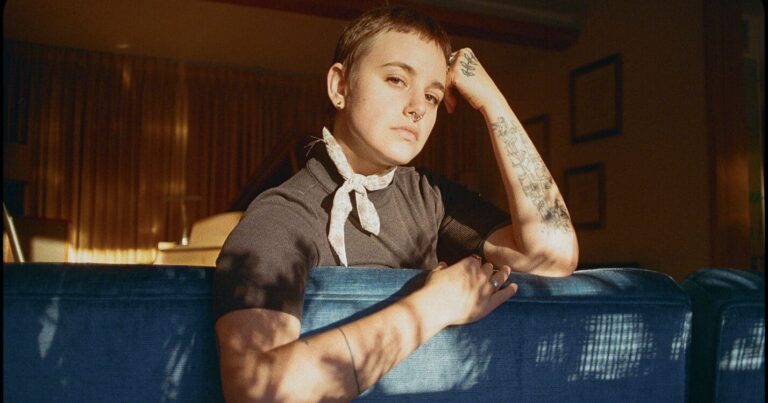


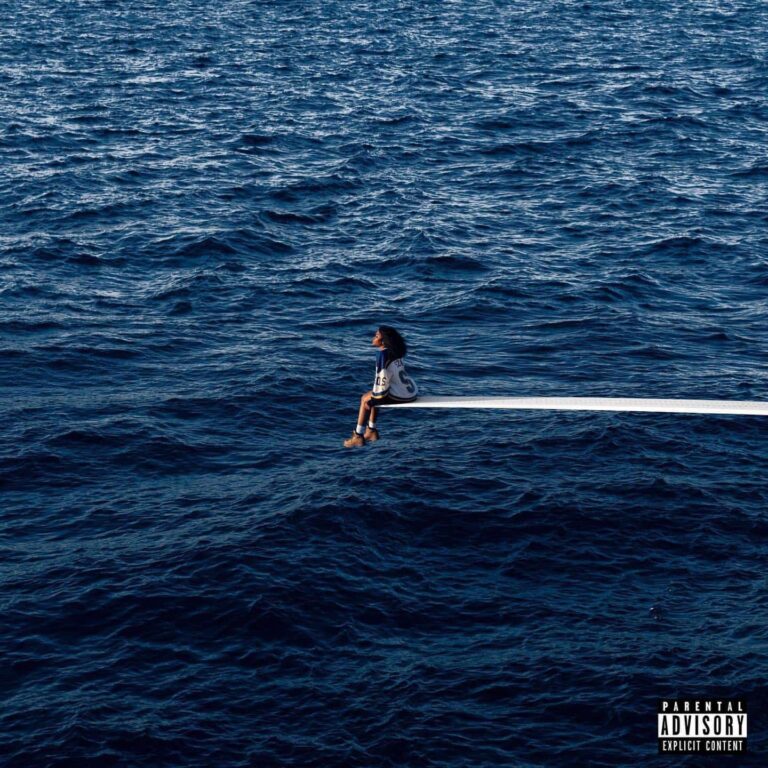
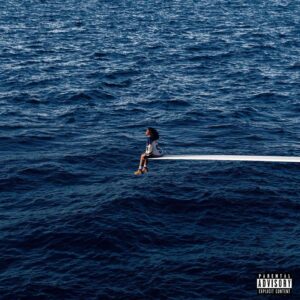 Five years after the release of her breakout debut Ctrl, SZA is finally back with her new album
Five years after the release of her breakout debut Ctrl, SZA is finally back with her new album 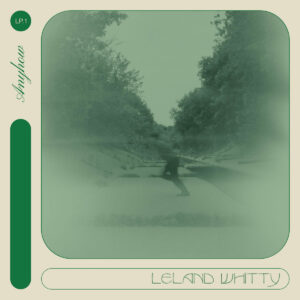 BADBADNOTGOOD multi-instrumentalist Leland Whitty has released his debut solo album, Anyhow. Whitty plays saxophone, guitar, synthesizer, woodwinds, and strings across the LP, which includes additional instrumentation from BADBADNOTGOOD’s Chester Hansen and Alex Sowinski, as well as the group’s former keyboardist Matthew Tavares. Anyhow marks the first time Whitty has worked with his older brother Lowell, who plays drums throughout. According to press materials, the album “is a look inward, expressing something personal – a reflection of the experience of music itself,” while the title alludes to Whitty’s DIY approach to composition, production, and performance.
BADBADNOTGOOD multi-instrumentalist Leland Whitty has released his debut solo album, Anyhow. Whitty plays saxophone, guitar, synthesizer, woodwinds, and strings across the LP, which includes additional instrumentation from BADBADNOTGOOD’s Chester Hansen and Alex Sowinski, as well as the group’s former keyboardist Matthew Tavares. Anyhow marks the first time Whitty has worked with his older brother Lowell, who plays drums throughout. According to press materials, the album “is a look inward, expressing something personal – a reflection of the experience of music itself,” while the title alludes to Whitty’s DIY approach to composition, production, and performance.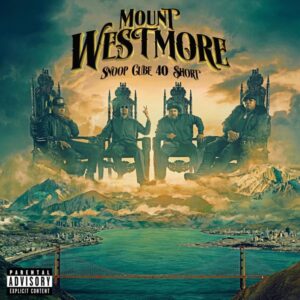 Mount Westmore – the West Coast rap supergroup consisting of Snoop Dogg, Ice Cube, E-40, and Too $hort – have dropped their debut studio album. Out now via Mount Westmore/MNRK Music Group,
Mount Westmore – the West Coast rap supergroup consisting of Snoop Dogg, Ice Cube, E-40, and Too $hort – have dropped their debut studio album. Out now via Mount Westmore/MNRK Music Group, 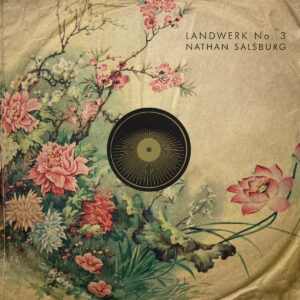 Kentucky guitarist, composer, and archivist Nathan Salsburg has issued the third installment of his Landwerk series, following the first two volumes that dropped in May and December of 2020. The LPs utilizes 78-rpm record samples along with electric guitar, resonator guitar, organ, and piano. Of Landwerk No. 3, Salsburgwhose source material ranges from 1919-1940, Salsburg said in a statement: “78s are weird, because they’re mechanically reproduced, but each one has an aura. No 78 is the same in terms of its surface noise. Every record bears the scars of its existence, and they all sound different. The records I was working with here are sonically unique objects, so it became this very personal sense of uncovering, discovery…”
Kentucky guitarist, composer, and archivist Nathan Salsburg has issued the third installment of his Landwerk series, following the first two volumes that dropped in May and December of 2020. The LPs utilizes 78-rpm record samples along with electric guitar, resonator guitar, organ, and piano. Of Landwerk No. 3, Salsburgwhose source material ranges from 1919-1940, Salsburg said in a statement: “78s are weird, because they’re mechanically reproduced, but each one has an aura. No 78 is the same in terms of its surface noise. Every record bears the scars of its existence, and they all sound different. The records I was working with here are sonically unique objects, so it became this very personal sense of uncovering, discovery…”